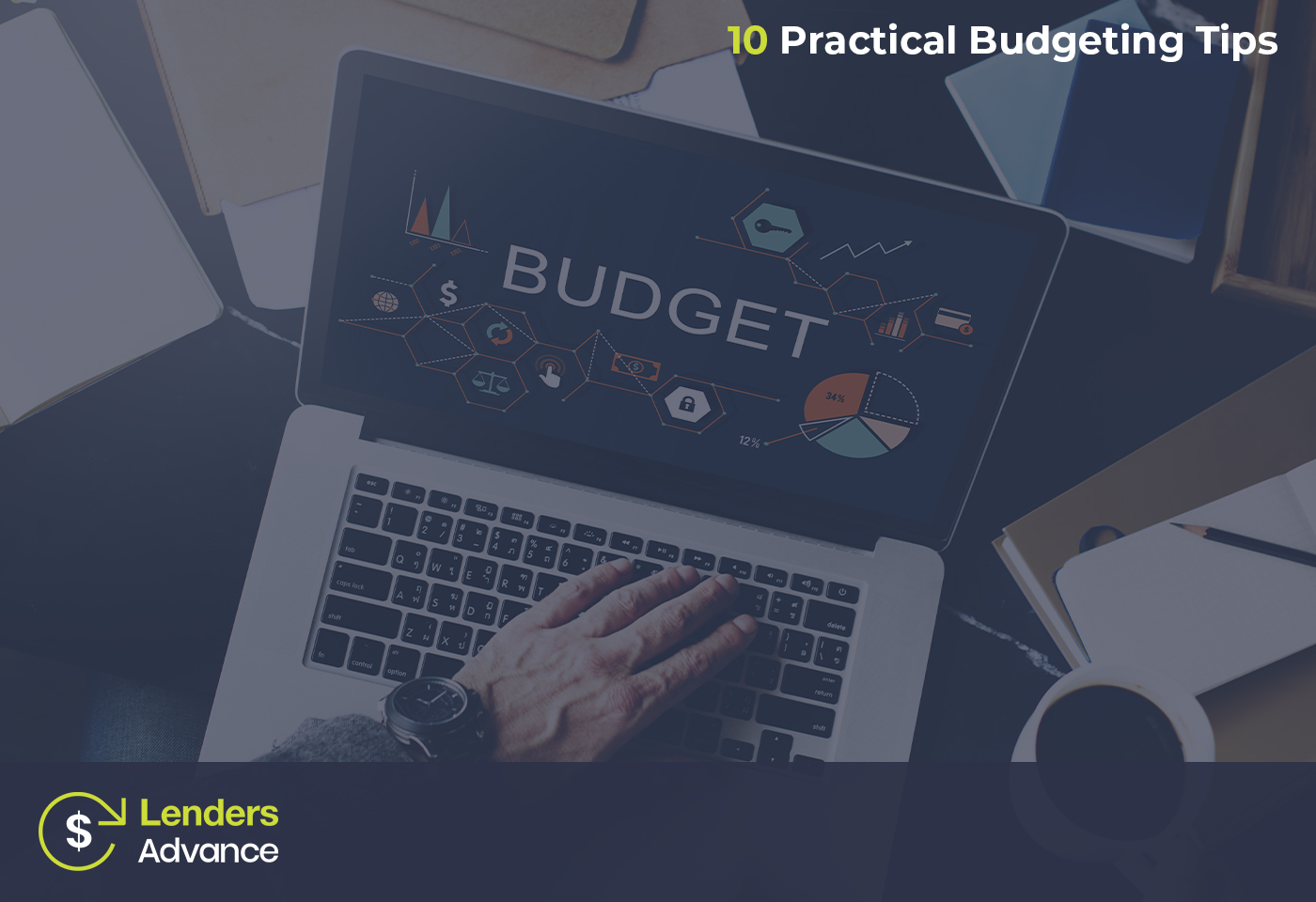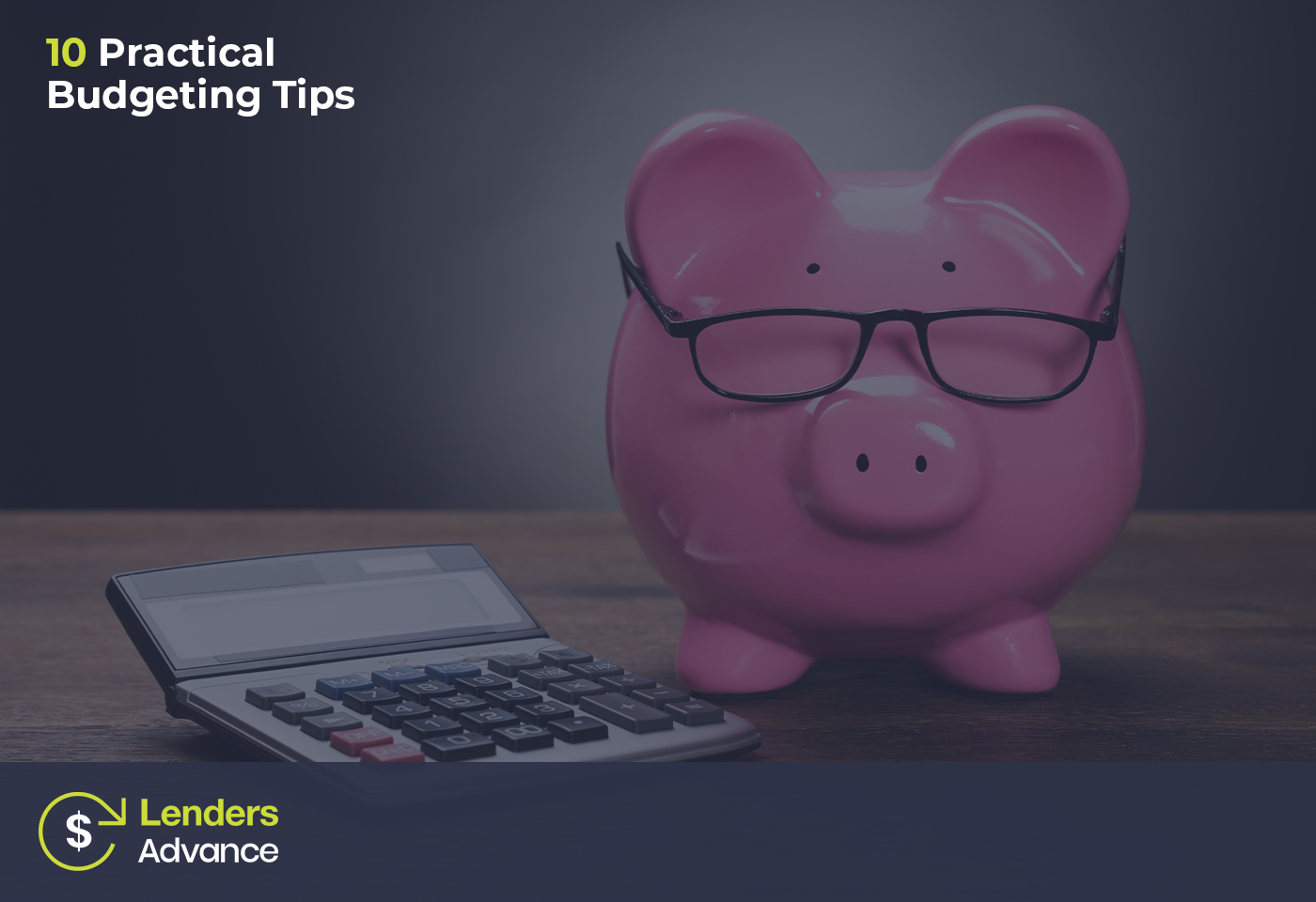
Irrespective of the fact you are hardly making both ends meet or earning six-digit amounts a year, you need to have good budgeting skills. Contrary to popular belief, budgeting isn’t just about limiting your spending and excluding all of the joy in your life. Instead, it’s all about knowing how much money you have, where it goes, and then deciding how to use those assets effectively. A budget is an estimate of income and expenditure for a specific period. As every financial strategy is built on budgeting, we have amassed ten practical budgeting tips to help you create and stick to a budget.
1. Use Actual Numbers
Knowing how much money comes into your family each month and how much goes out is essential for developing a realistic budget. If you don’t know the exact amount of the ins and outs, tracking the costs is the best solution. So, a budget must be based on actual figures, not projections of what you believe you’re spending, to operate and be effective. Tracking your costs is the solution if you’re not sure how much you’re spending each month.
2. Set Saving Goals
Figure out what you want to achieve, set limits to your goals, and put money aside. For example, you may wish to save cash during five months for a vacation, or you may want to buy a new car in the upcoming year, or need to save for a down payment for a mortgage or whatever the reason, setting a goal may be a tremendous stimulus to save money. Thus, budgeting and financial goal setting can go hand in hand.
3. Leave Room for Unexpected Expenses
When budgeting, you should consider that there may always occur unexpected expenses and leave room for them. Thus, by setting aside a tiny amount of money every month, you will contribute to an emergency fund and free yourself from banking on credit cards or loans when facing a financial issue.
4. Consider that All Months Are Not the Same
While setting a budget, remember that every month is different: One month you may need money for a vacation, another you should put money aside for holidays or birthdays, while the third month you should buy back-to-school supplies. Regardless of the event, make sure you budget each month carefully, keeping pace with changing circumstances.
5. Clear Your Debts
The most crucial role in budgeting is paying off your debts. Don’t allow debt to steal you of the exact thing that will enable you to succeed financially — your income. There are specific strategies to quit them all.

6. Don’t Ignore the Factor of Fun
When you know that you have put away some cash for pleasurable activities like visiting a new bar, going to the theatre or cinema, etc., you are far more likely to stick to your budget.
7. Automate Your Savings Plan
Set up automatic payments from your checking account to your savings account to start your emergency fund, as at times, remembering to save money might be difficult. Automatic saving is an easy way to stay on track with your savings strategy. Contributing to separate accounts automatically ensures that you are saving rather than spending, and the power of compound interest may help your money grow over time.
8. Make a No-Spend Day
When it comes to budgeting and making money work for you rather than against you, No Spend Days may be one of the most influential and innovative tactics. No-spend days are excellent for reducing spending, regulating budgets, and developing good spending and saving habits.
9. Assign a Job to Every Dollar You Owe
Budgeting to zero every month or giving a task to every single dollar is a way to go. If you’ve paid all of your fixed costs, debt payments, and savings and still have money left over, give it a job, so it doesn’t disappear by accident. You may put it towards retirement or emergency savings, make an extra credit card payment, etc.
10. Distinguish between Wants and Needs
Last but not least, you should distinguish between wants and needs. Consider which of your costs are desires and which are not. Spending too much on desires might easily lead to debt. So, ask yourself the difficult questions: Is this cost essential? Does it assist me in achieving my objectives? What would happen if I didn’t have it? Is there another, more cost-effective option? If you’re honest with yourself, there are probably certain things in your budget that might be removed totally.
